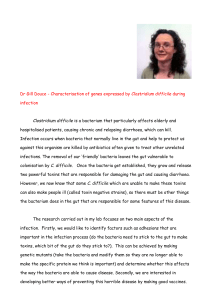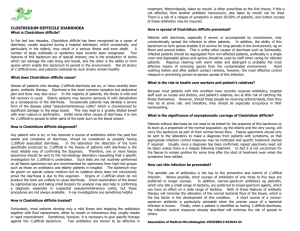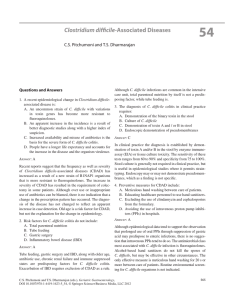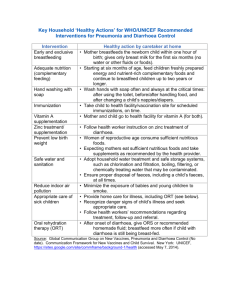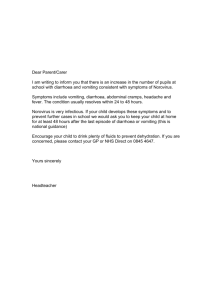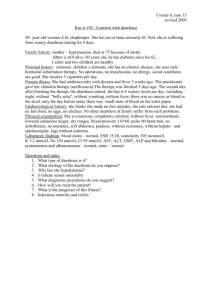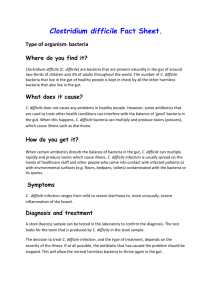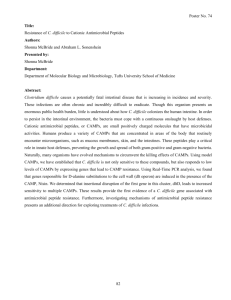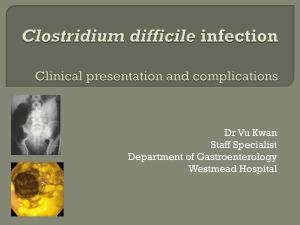Cork scientists research new treatment to combat bowel infection
advertisement
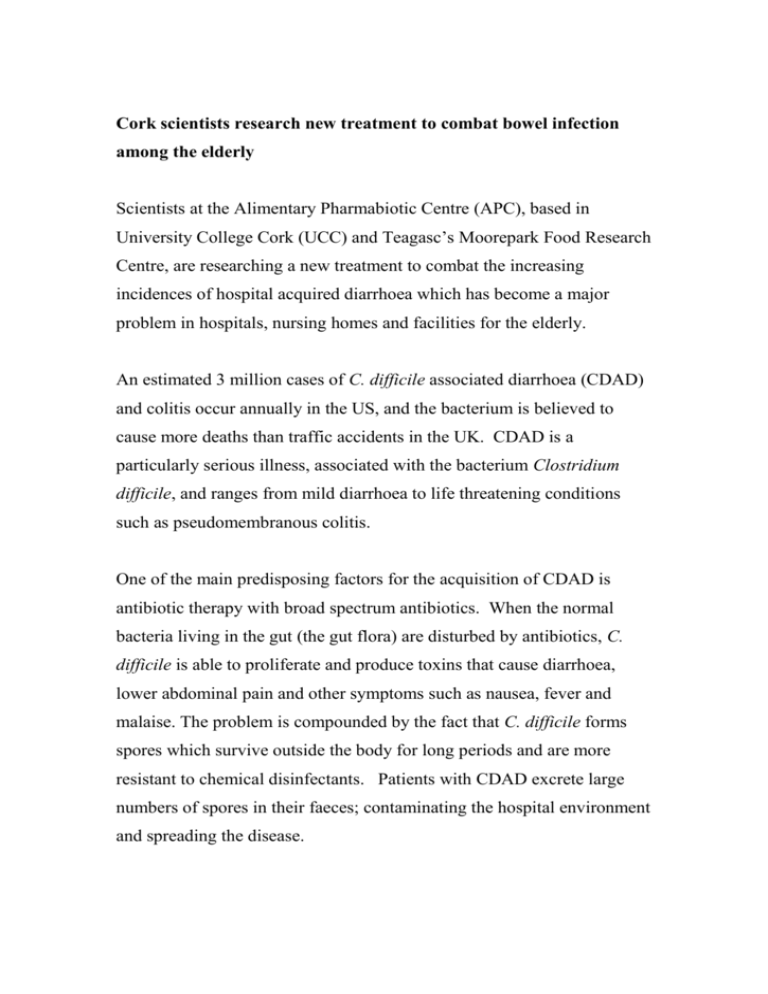
Cork scientists research new treatment to combat bowel infection among the elderly Scientists at the Alimentary Pharmabiotic Centre (APC), based in University College Cork (UCC) and Teagasc’s Moorepark Food Research Centre, are researching a new treatment to combat the increasing incidences of hospital acquired diarrhoea which has become a major problem in hospitals, nursing homes and facilities for the elderly. An estimated 3 million cases of C. difficile associated diarrhoea (CDAD) and colitis occur annually in the US, and the bacterium is believed to cause more deaths than traffic accidents in the UK. CDAD is a particularly serious illness, associated with the bacterium Clostridium difficile, and ranges from mild diarrhoea to life threatening conditions such as pseudomembranous colitis. One of the main predisposing factors for the acquisition of CDAD is antibiotic therapy with broad spectrum antibiotics. When the normal bacteria living in the gut (the gut flora) are disturbed by antibiotics, C. difficile is able to proliferate and produce toxins that cause diarrhoea, lower abdominal pain and other symptoms such as nausea, fever and malaise. The problem is compounded by the fact that C. difficile forms spores which survive outside the body for long periods and are more resistant to chemical disinfectants. Patients with CDAD excrete large numbers of spores in their faeces; contaminating the hospital environment and spreading the disease. Current treatments are largely confined to two potent antibiotics: metronidazole and vancomycin. However, treatment failures and relapses are common using these antibiotics. There is also a risk of spreading antibiotic resistance to other hospital pathogens. The APC research team is investigating the potential of an antimicrobial peptide discovered in Cork as a novel therapeutic for the treatment of CDAD. Lacticin 3147 is produced by a harmless bacterium, Lactococcus lactis, one of a number of bacteria used by cheesemakers for millennia. When lacticin was tested against strains of C. difficile isolated from patients with diarrhoea or inflammatory bowel disease or healthy adults it was shown to be as effective as the antibiotics currently in use. This study, which is published in the current issue of Journal of Medical Microbiology, demonstrates that the potent antimicrobial lacticin can kill this dangerous pathogen at relatively low concentrations. Moreover, the team go on to show that lacticin is effective in killing the pathogen in contaminated faeces and suggest lacticin may be the basis for future therapies against the infection. The research is now focussing on optimising the delivery of lacticin to the colon and the potential for coadministration of lacticin-tolerant probiotics to restore a healthy gut flora. Reference : Mary Rea et al., Journal Medical Microbiology (2007) 56, 940-946. For further information please contact: Marie McSweeney, Press Officer, University College Cork, (T) 021 4902371; (M) 086 0845182. July 26th 2007
